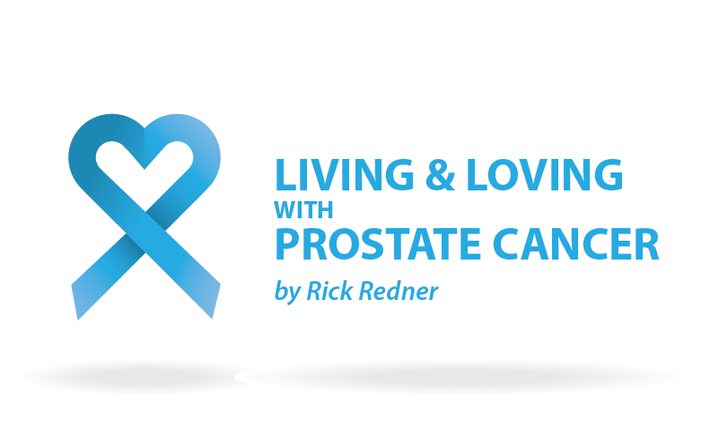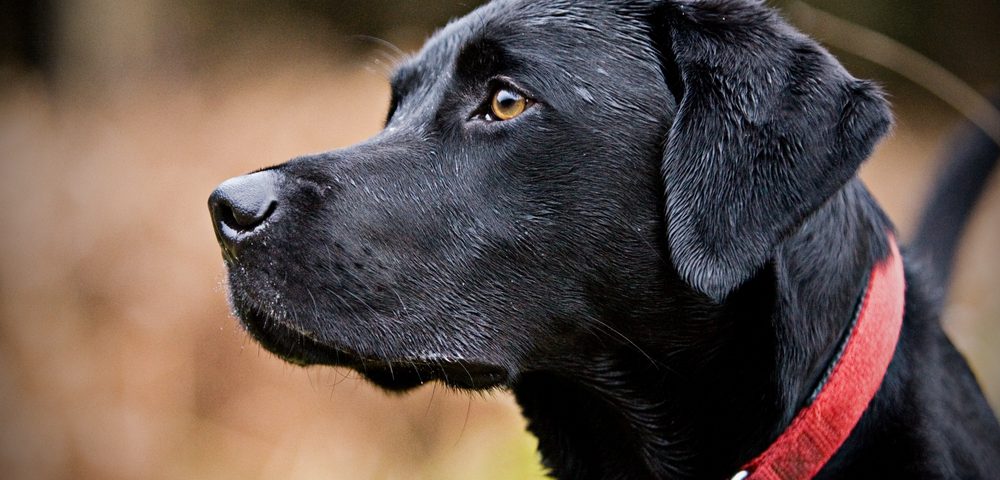
My last year with Cheri, a 16-year-old black Labrador retriever, was a difficult year. Her deafness progressed to the point where she couldn’t hear or respond to my voice. I began screaming at her, hoping my volume would penetrate her level of deafness. I came to the realization that screaming at Cheri contained elements of anger and frustration, which was inappropriate to the circumstances.
At first I thought my reactions were due to the frustration and difficulty of trying to communicate with a dog that couldn’t hear me. It took almost a year to realize I didn’t like the changes that occurred in Cheri. I was equally unhappy, frustrated and angry about the changes that occurred in my own life post-surgery.
It became very clear to me that unless I learned how to treat Cheri kindly, there was no chance I’d learn to treat myself kindly. Therefore I became highly motivated to find a different way to communicate with Cheri. I needed to communicate in a way that involved kindness. Because her sense of smell was intact, I paired a gentle nudge with a piece of cheese by her nose.
When she’d get up to follow the scent she was rewarded with a piece of cheese. Eventually Cheri would get up with a gentle nudge. We’d found a way to communicate!
Toby, our King Charles spaniel, found his own way to communicate with Cheri. If he wanted Cheri to come outside with him, he’d go to where she was lying down, sniff her and circle around her until she got up and followed him. I paired Toby’s behavior with a command and a treat. Eventually, I could tell Toby “Get Cheri,” and that’s exactly what he’d do. Finding one kind way to communicate, led to another.
In the process of learning to communicate with my deaf and partially blind dog, I discovered it’s a colossal waste of time, effort and energy to rage against the inevitable changes that aging brought to Cheri — and that a prostatectomy brought to me. Making peace with the changes in Cheri’s life was the first step in making peace with the unwanted changes I experienced after prostate surgery.
If you’ve been treated for cancer, or you are the partner to someone treated for cancer, the odds are you’ve experienced more than one unwanted or unpleasant change.
Have you found kind, graceful and loving ways to cope with those unwanted changes? If so, would you share how you’ve done that? If you are stuck in negativity, I hope you’ll reach out to someone further along in the journey to find new ways to cope.
I never expected an aging dog would be my teacher.
***
Note: Prostate Cancer News Today is strictly a news and information website about the disease. It does not provide medical advice, diagnosis, or treatment. This content is not intended to be a substitute for professional medical advice, diagnosis, or treatment. Always seek the advice of your physician or other qualified health provider with any questions you may have regarding a medical condition. Never disregard professional medical advice or delay in seeking it because of something you have read on this website. The opinions expressed in this column are not those of Prostate Cancer News Today, or its parent company, BioNews Services, and are intended to spark discussion about issues pertaining to prostate cancer.


On the same journey and just a few steps ahead of you. PCa teaches all of us a lot of life lessons. In some ways it is a gift … but a gift I would never wish to give anyone. Glad to chat with you anytime
I’ll take you up on that. You can reach me at [email protected].
41 Years ago I was the fiancee of a man who was diagnosed with testicular cancer. I was 18, he was 23. At the time no-one paid much attention to the partner who suffered through the ordeal as well. There were no cancer support groups. I had just left home, been promoted to management secretary at the bank where I worked and then my life turned upside down. Until a few years ago I was someone who was known and seen as strong. I thought so myself too. Turns out that my ordeal at the time contributed to me being emotionally traumatised later in life (with permanent damage to the autonomic nervous system). At the time the surgeon said that he was not aware of any men who had survived that cancer. Operations (open look), radiation, chemo, it was an utter nightmare, but he lived (and we both changed indescribably much). Was I ever stuck in negativity because of the cancer exposure? I don’t think so! Sometimes these traumatic experiences live on inside of you – on a subliminal level – when your head is not even aware of it, until you break down (because they haunted you). I appreciate it that you mention the partner of the cancer sufferer. I take offense to the ‘stuck in negativity’ bit, because sometimes people simply are not aware of how they were affected by traumatic experiences until later (in life) (PTSS).
It wasn’t until the 1990’s that PTSD was recognized in cancer survivors and their partners. Both my wife and I were treated for PTSD. Hope you’ve received treatment as well because without treatment PTSD can have a negative I’m on your life for decades.
http://www.healthline.com/health-news/cancer-treatment-leaves-survivors-with-ptsd-scars-031215